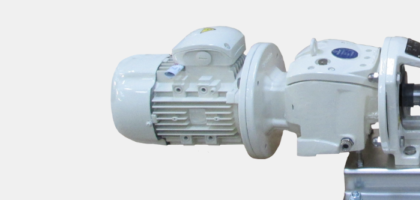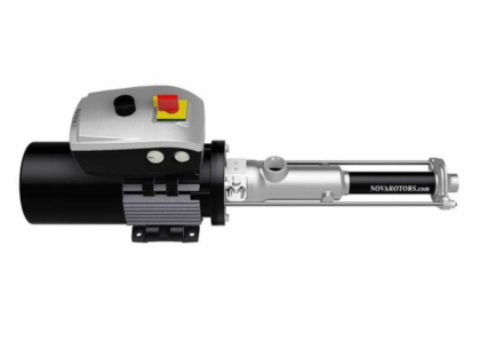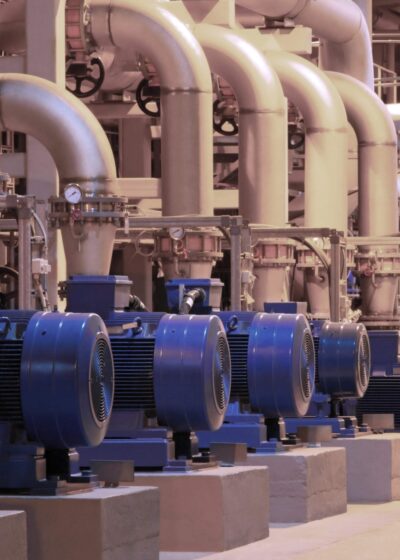
Horizontal Progressive Cavity Pumps
Need help specifying the right progressive cavity pump? Contact our pump experts today!
13 products

- Max Flow Rate: 560M³H
- Max Head: 480M
- Max Temperature: 140 °C
- Max Viscosity: 200,000 cP
- Solids: 150mm
- Size: DN20 to DN100

- Max Flow Rate: 147M³H
- Max Head: 480M
- Max Temperature: 140°C
- Max Viscosity: 200,000 cP
- Solids: 95mm
- Size: DN20 to DN50

- Max Flow Rate: 233lpm
- Max Head: 40M
- Max Temperature: 80°C
- Max Viscosity: 5000 cP
- Solids: 10mm
- Sizes Available: 1" to 3 1/2"

- Max Flow Rate: 11333lpm
- Max Head: 480M
- Max Temperature: 150°C
- Max Viscosity: 1,000,000 cP
- Solids: 30mm
- Sizes: 3/4" to 24"

- Max Flow Rate: 11333lpm
- Max Head: 480M
- Max Temperature: 150°C
- Max Viscosity: 1,000,000 cP
- Solids: 30mm
- Sizes: 3/4" to 24"

- Max Flow Rate: 45lpm
- Max Head: 240M
- Max Temperature: 150°C
- Max Viscosity: 1,000,000 cP
- Solids: 3mm
- Size: 3/8"

- Max Flow Rate: 11333lpm
- Max Head: 480M
- Max Temperature: 150°C
- Max Viscosity: 1,000,000 cP
- Solids: 30mm
- Sizes: 3/4" to 24"

- Max Flow Rate: 11333lpm
- Max Head (Pressure): 480M
- Max Temperature: 150°C
- Max Viscosity: 1,000,000 cP
- Solids: 30mm
- Sizes: 3/4" to 24"

- Max Flow Rate: 11333lpm
- Max Head: 480M
- Max Temperature: 150°C
- Max Viscosity: 1,000,000 cP
- Solids: 30mm
- Sizes: 3/4" to 24"

- Max Flow Rate: 11333lpm
- Max Head: 480M
- Max Temperature: 150°C
- Max Viscosity: 1,000,000 cP
- Solids: 30mm
- Sizes: 3/4" to 24"

- Max Flow Rate: 11333lpm
- Max Head: 480M
- Max Temperature: 150°C
- Max Viscosity: 1,000,000 cP
- Solids: 30mm
- Sizes: From 025 to 300

- Max Flow Rate: 11333lpm
- Max Head: 480M
- Max Temperature: 150°C
- Max Viscosity: 1,000,000 cP
- Solids: 30mm
- Sizes: 3/4" to 24"
FAQs
It consists of a spiralled helical rotor (like a cork screw) that sits tightly inside a rubber stator/sleeve. As the rotor turns inside the stator, it forms a set of fixed-shaped cavities that progress along the length of the stator and force the fluid inside to move along with them as they turn.


